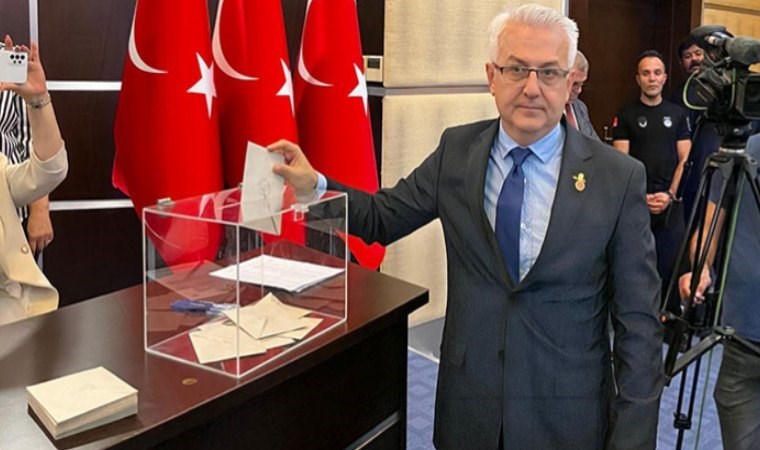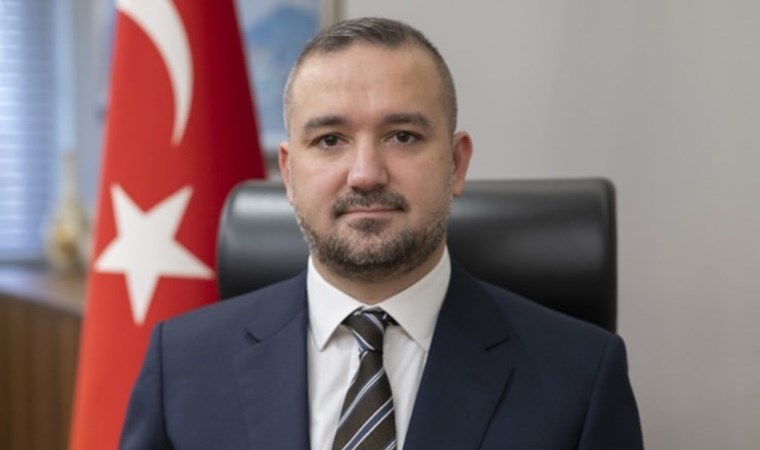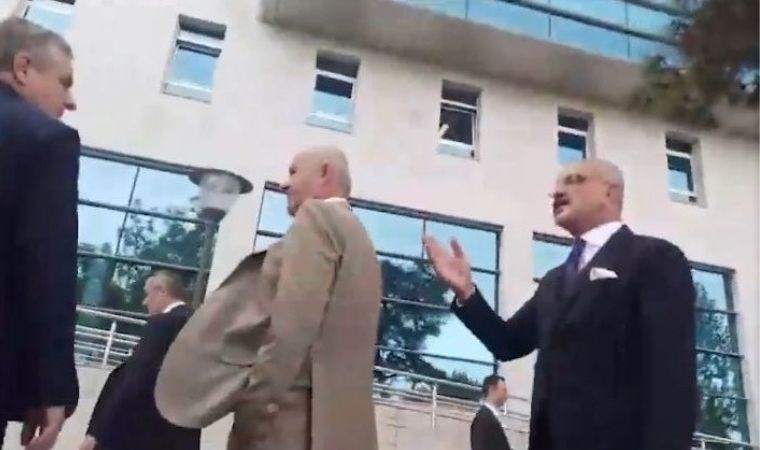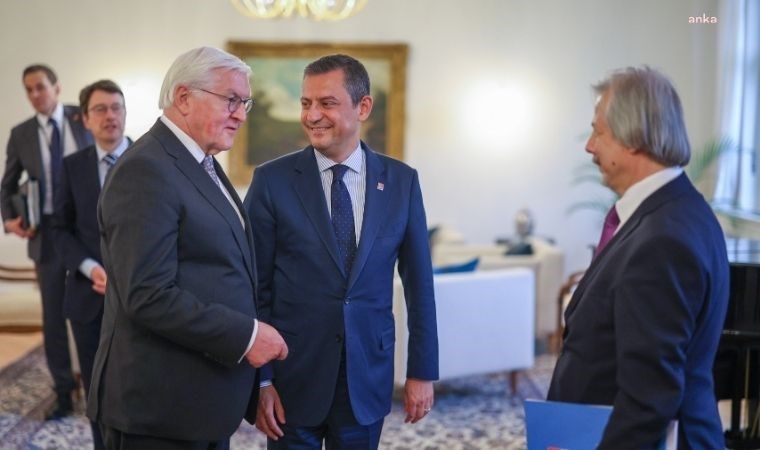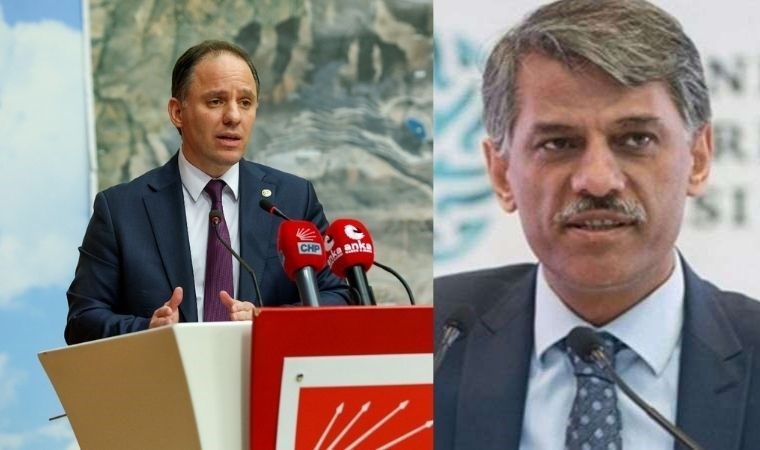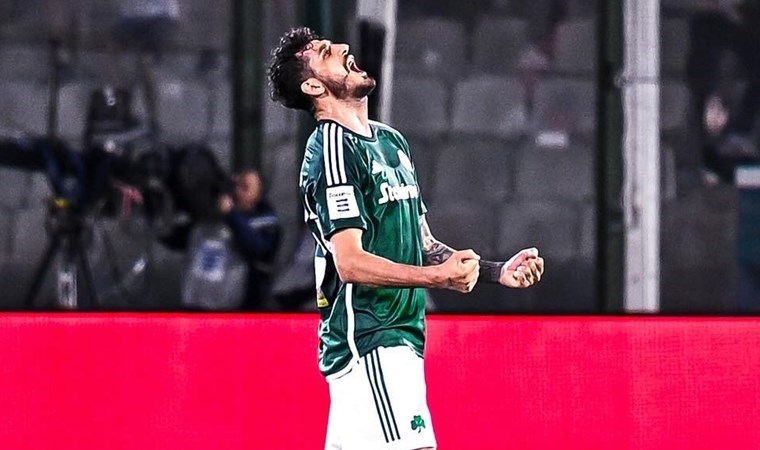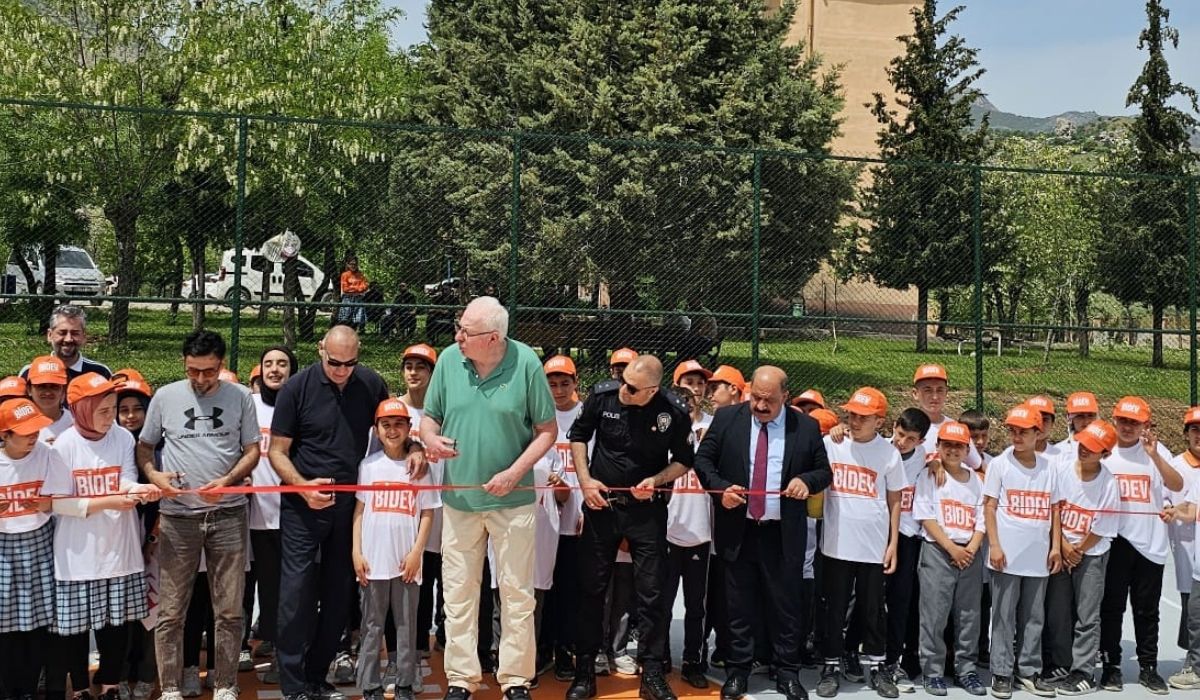The politicisation of religion – True postmodernism
By Ergin Yıldızoğlu
Postmodernism rescued us from the cold rationalism of the Enlightenment tradition and the despotism of such obsessions of modernism as fact, universalism and progress, to bring bodies (and pleasures) and cultures (ethnic and religious differences), which “macroparadigms” had suppressed and erased, back to the fore and liberate the individual.
Postmodernism has not moved beyond being a “passive nihilistic” parody of modernism; it was not in a true sense able to posit the aftermath to modernism and has gradually withered. However, it has contributed greatly to creating a suitable environment for the politicisation of religion.
Giving up hope over this world...
If facts and universalism or else politics stop looking beyond capitalism, and art, in order to escape modernism’s traps, abandons politics, and they steer clear of big issues and try to avoid meaning, and there is no hope of creating a better future and escaping oppression, hunger and war in this world (progress), by what principles is the individual to guide their life?
The answers to these questions have in practice taken the form of focusing on bodily pleasures, placing hope in consumption and sexuality to this end, and prioritising access to money so as to make both easier.
In popular culture, “money” attained the status of a “hallowed object” in pursuit of which everything, from theft to contract killing and dealing in drugs, was permissible (Hollywood films) and over which principles could easily be abandoned (sitcom characters). Social relations, which continued to spread (globalisation) and speed up without being capable of change (retaining their capitalistic characteristics) became increasingly savage: financial crises, obscene wealth, unbearable poverty and hunger; the rebellions, wars and genocides, sometimes hopeless, that people seeking their security within their religious and ethnic identities create.
A portion of those who were incapable of accepting money as being a “hallowed object” and of finding meaning and hope in this world found the solution in turning to the thought of religious (Muslim, Buddhist, Christian) salvation which tells them they are each just a guest in this terrible world. Thus, miracle began to take the place of scientific thought in the enlightenment tradition as did premodernism’s regressive/religious tribal/denominational allegiances that of modernism’s national and/or class allegiances. And, in just this way, true postmodernism (modernism’s aftermath) took the form of the politicisation of religion.
Moderate or radical
As Tayfun Atay has so aptly stressed, “The basis that lends self-legitimacy to the latest Sinai attack mounted by IS exists in Islamic history. Historically, sociologically and social anthropologically, we must call them “Muslim”. (...) We must notice the wars (...) and the massacres staged on behalf of religion.” In addition, we must endeavour to see the dynamics behind the politicisation of religion and political practice’s ability to assume terrorist forms as individuals rebel against this “heartless” world.
Many researchers working on political Islam argue for a need to be able to distinguish between political Islam’s moderate and radical currents within Islam’s common denominator. It is hard not to agree with this approach. However, it must not be forgotten that in terms of common denominator Islam declares people to be guests in this world. As such, the difference between political Islam’s moderate and radical wings takes the form of the difference between laying down God’s commands in the form of Sharia in a way that befits the successful passage from this world to the other world and passing to the other world by destroying this world (through martyrdom).
This is a difference that should not be downplayed. However, for those who perceive themselves in this world to be not a guest but a proprietor who is obliged to improve life in this world, and who wish to arrange their lives by principles that accord with this, the distinction between moderate and radical does not in the final analysis mean a great deal. There is absolutely no manifestation of democracy and freedom, or even love of people and life, in the practice of a politicised religion.

En Çok Okunan Haberler
-
 ‘Haddini bilsin, tepemin tasını attırmasın’
‘Haddini bilsin, tepemin tasını attırmasın’
-
 Kepez Belediyesi'nde yeni başkan belli oldu
Kepez Belediyesi'nde yeni başkan belli oldu
-
 Merkez Bankası faiz kararını açıkladı
Merkez Bankası faiz kararını açıkladı
-
 CHP’nin yükselişi sürüyor
CHP’nin yükselişi sürüyor
-
 'Bir milletvekilliğine her şeyi sattın'
'Bir milletvekilliğine her şeyi sattın'
-
 Neler konuşuldu?
Neler konuşuldu?
-
 Dilan ve Engin Polat çiftinin yargılandığı davada karar
Dilan ve Engin Polat çiftinin yargılandığı davada karar
-
 'AK Partili bakan yardımcısının toplam maaşı...'
'AK Partili bakan yardımcısının toplam maaşı...'
-
 Mehmet Ali Yılmaz'ın ailesinden açıklama
Mehmet Ali Yılmaz'ın ailesinden açıklama
-
 Son mesai saatinde 4.5 milyonluk fatura kesilmiş
Son mesai saatinde 4.5 milyonluk fatura kesilmiş

